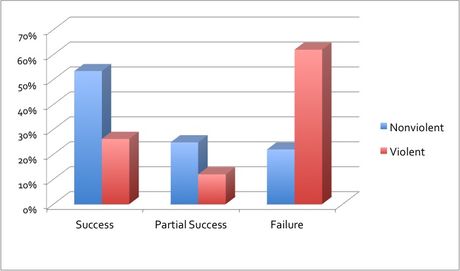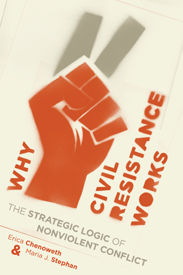Prince.Skeletor
Don’t Be Like He-Man
So I was watching a TyT video about Mitch McConnell being yelled at while eating his meal in a restaurant in Kentucky. And then Ana said something about the right to protest.
And then I wondered, that's a great topic.
How effective are protests in the U.S.?
What did someone once say? One murder is a tragedy and huge amounts of murders are a statistic.
So many protests in the U.S., that sheer quantity devalues it, just like inflation with currency.
My thoughts keep protesting but not that much.
The other point is i've argued with lefties here on HL where I said there is no more anti-war movement in the left, the left has moved to the right.
And people used to flame me saying LOL @ no anti-war protests in the left and so on.
But here's the thing, what happens when you vote? Are you voting for someone who will not end the wars?
Because if you go out to anti-war protests but vote for someone who will continue the wars then you are not anti-war and you protesting is actually somewhat futile.
And on the right conservatives flip flop in voting quite a bit too.
How can someone be anti-war while voting for war?
But there are MANY people like this.
All i'm saying is I do not think protests have much impact and voting is where the strength is at.
People should focus on voting and education rather than futile picket signs hoping mainstream media picks up on it, because..... you know msm is our friend right? Even local news is bought now.
Instead of protesting with picket signs why not assemble a large group of people, groups all over the country, and you make a plan.
That plan is like creating a mission statement, knowing every political candidate's history/voting record/who corporations lobby them etc...
Then go door to door and educate people.
But the focus would be on corruption, not partisanship!
This is by far a much much more long-term and intelligent way to create change.
And then I wondered, that's a great topic.
How effective are protests in the U.S.?
What did someone once say? One murder is a tragedy and huge amounts of murders are a statistic.
So many protests in the U.S., that sheer quantity devalues it, just like inflation with currency.
My thoughts keep protesting but not that much.
The other point is i've argued with lefties here on HL where I said there is no more anti-war movement in the left, the left has moved to the right.
And people used to flame me saying LOL @ no anti-war protests in the left and so on.
But here's the thing, what happens when you vote? Are you voting for someone who will not end the wars?
Because if you go out to anti-war protests but vote for someone who will continue the wars then you are not anti-war and you protesting is actually somewhat futile.
And on the right conservatives flip flop in voting quite a bit too.
How can someone be anti-war while voting for war?
But there are MANY people like this.
All i'm saying is I do not think protests have much impact and voting is where the strength is at.
People should focus on voting and education rather than futile picket signs hoping mainstream media picks up on it, because..... you know msm is our friend right? Even local news is bought now.
Instead of protesting with picket signs why not assemble a large group of people, groups all over the country, and you make a plan.
That plan is like creating a mission statement, knowing every political candidate's history/voting record/who corporations lobby them etc...
Then go door to door and educate people.
But the focus would be on corruption, not partisanship!
This is by far a much much more long-term and intelligent way to create change.
Last edited:

